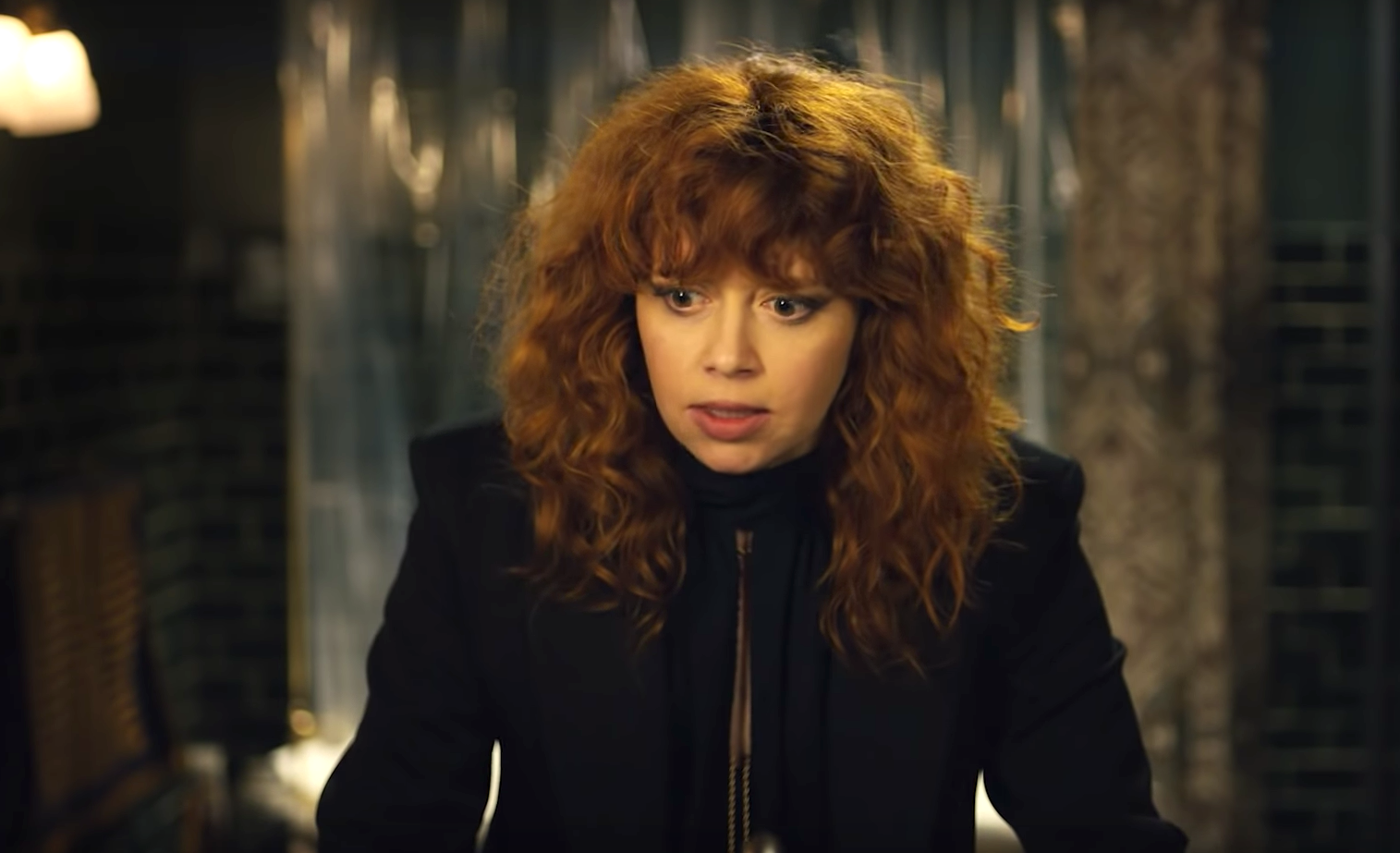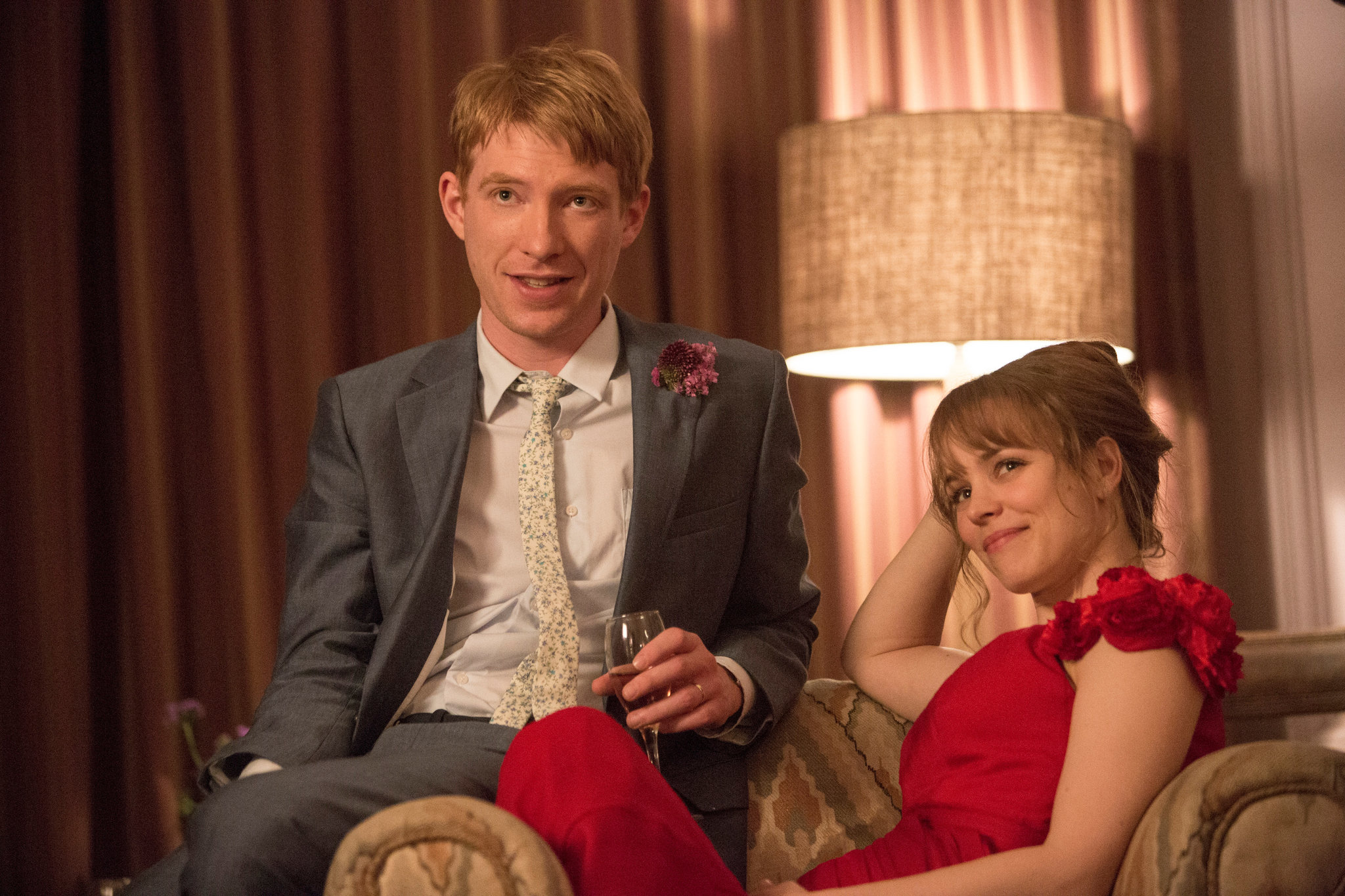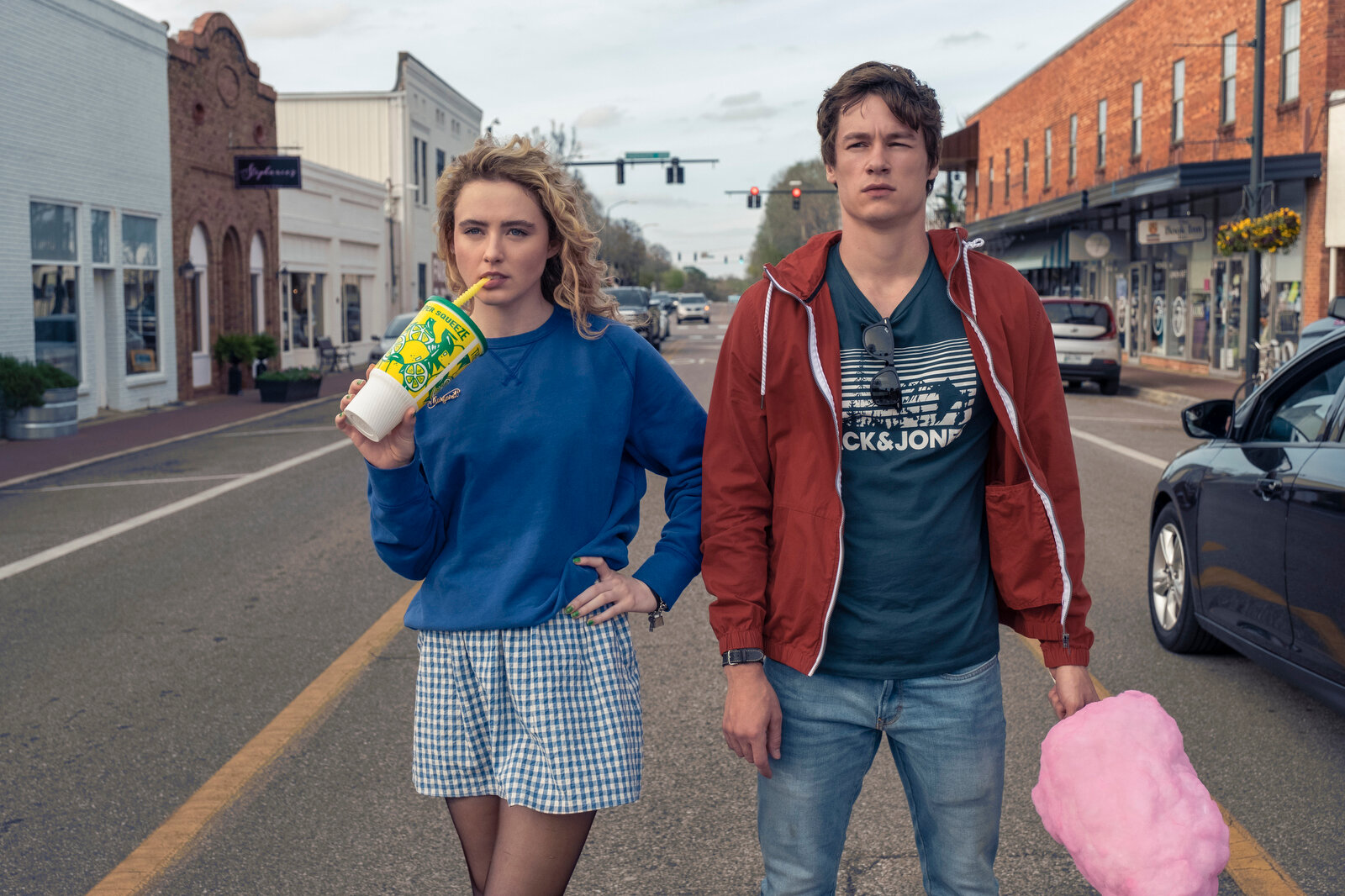In the first episode of Russian Doll, Nadia (Natasha Lyonne) gets drunk, smokes a joint laced with cocaine, and ditches the 36th birthday party thrown in her honor by her friend Maxine (Greta Lee) to go have sex with a man she just met. Typically in most time loop narratives, these would all be examples of Nadia’s self-destructive tendencies that she’ll unlearn on the path to becoming a better person. But Russian Doll is smarter than that. Nadia is already pretty good to begin with. It is, as the title alludes to, about removing the layers of personality to find one’s hidden vulnerabilities.
In the Loop: Time Freak
I don’t really understand who this movie is for. We’re supposed to be on Stillman’s side as he revisits the bad moments during his year-long relationship with Debbie and attempts to fix them. There’s a sinister undercurrent of manipulative selfishness in Stillman. He never seems to care about what Debbie wants, just what he wants — which is only to stop her from breaking up with him.
In the Loop: About Time
To get it out of the way, this is maybe marginal in terms of being an actual time-loop movie but I’ve decided to count it. Tim is in control of where and when he goes, and while he chooses to repeat a couple of things, he’s not going back to the same day over and over again.
In the Loop: Palm Springs
It’s easy enough to say that time loop movies are very much about being stuck, about repeating patterns, but Palm Springs makes the case that Nyles and Sarah were already failing to move forward in their lives even before getting trapped in a time loop.
In the Loop: The Map of Tiny Perfect Things
“I don’t know. I think maybe we’re supposed to become, like, better people,” Margaret tells Mark when he’s saying they should spend their time loop days trying to discover all the “tiny perfect things” in the title. Then she adds, as an aside, “Though I don’t know how that could even be possible.”





